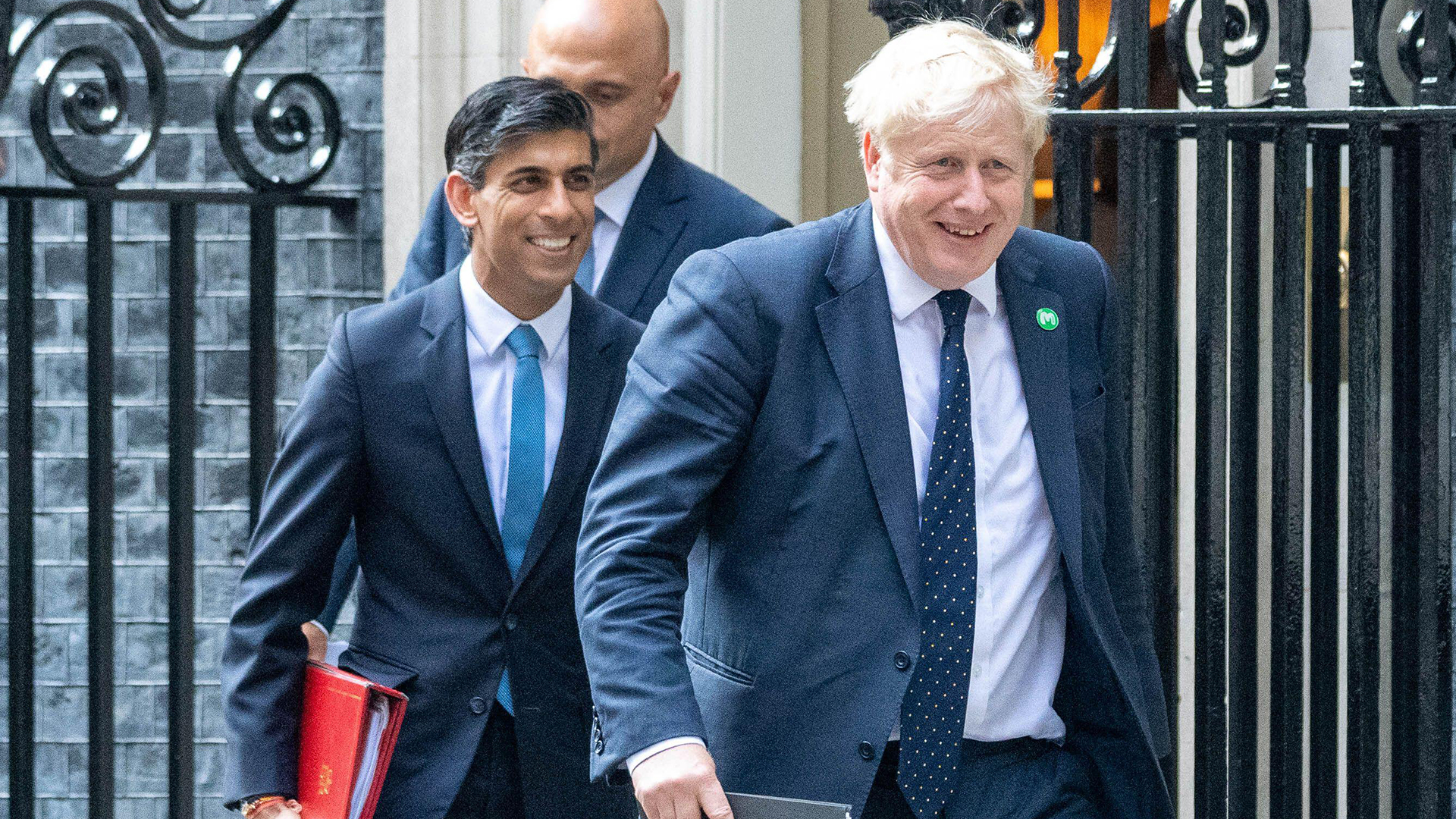When the former UN special rapporteur on extreme poverty and human rights, Philip Alston, visited the UK in November 2018 he concluded that UK government policies had led to the “systematic immiseration of millions across Great Britain”. Many hoped this would be a wakeup call, yet five years on the government is still fast asleep.
During his 12-day visit, Alston met people who had sold sex for shelter, were depending on food banks for their next meal, or sleeping on friends’ sofas because they were homeless and didn’t have a safe place for their children to sleep. He spoke to young people who felt gangs were the only way out of destitution and children growing up in poverty, unsure of what their future held.
The situations described above remain all too familiar across the UK.
Get the latest news and insight into how the Big Issue magazine is made by signing up for the Inside Big Issue newsletter
Despite being one of the richest countries in the world, a fifth of the UK population lives in poverty. This summer, Joseph Rowntree Foundation reported that 5.5 million households had cut down on or skipped meals. That 2.6 million households had borrowed at sky-high rates from loan sharks, payday lenders or pawnshops. That around 9 in 10 low-income households on Universal Credit were going without the essentials of everyday life – little surprise given that the basic rate of benefits remains close to destitution levels, despite soaring living costs.
Speaking at the end of his trip, Alston lamented that successive UK governments had presided over the “systematic dismantling” of social security in the UK, calling this not just a disgrace, but “a social calamity and economic disaster, all rolled into one”. In his subsequent UN report, he called austerity cuts to the welfare system ‘ideological’ and ‘tragic’.









